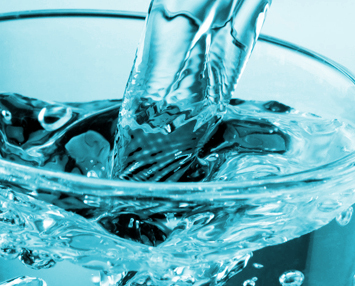High-tech detection coming
 Yarra Valley Water is working on a system that will let it detect leaks across its network in almost real time.
Yarra Valley Water is working on a system that will let it detect leaks across its network in almost real time.
The water provider has entered a 15-year agreement with Telstra to collect data from its in-field sensors on Telstra’s ‘Internet-of-Things’ (IoT) network.
Telstra says it will use its new cloud-based platform-as-a-service IoT Connection Manager (ICM) to help Yarra Valley Water (YVW) access near real-time data, enabling sensor readings to be collected automatically and providing greater visibility of YVW’s networks.
“Internet of Things devices are a game changer for the water industry. By deploying a range of different sensors into our water and sanitation networks, we can detect leaks, minimise water wastage and save our customers money,” says Yarra Valley Water Managing Director Pat McCafferty.
Yarra Valley Water Service Futures General Manager Glenn Wilson says the system will run across about 20,000km of pipes.
“It’ll enable us to proactively target our asset replacement and maintenance programs. We’ll be able to detect things like partial blockages of the sewer network as they occur, or valves that are incorrectly opened or closed following works which may alter the water pressure at a house,” he said.
“This means we will be able to send the right crew to the right job, minimising customer disruption and the potential impact we might have on the environment.
“It will allow us to improve outcomes dramatically. We can start telling customers about problems before they call us, and allow them to keep track of what’s happening in real time.”
The new data should help the utility reduce water consumption in three main ways; non-revenue water detection, household and business water leak prevention, and by providing insights to inform behavioural change.
“We’ll have visibility of water moving in and out of our network. We will be equipped to start to really chase down our non-revenue water which will reduce costs and ultimately customer bills,” Mr Wilson said.
“We’ll also be able to target unnecessary water use – water that passes through the customer meter which the customer didn’t want to use – resulting from things like leaky appliances, faulty irrigation systems, or taps left on unintentionally and help customers eliminate it.”








 Print
Print